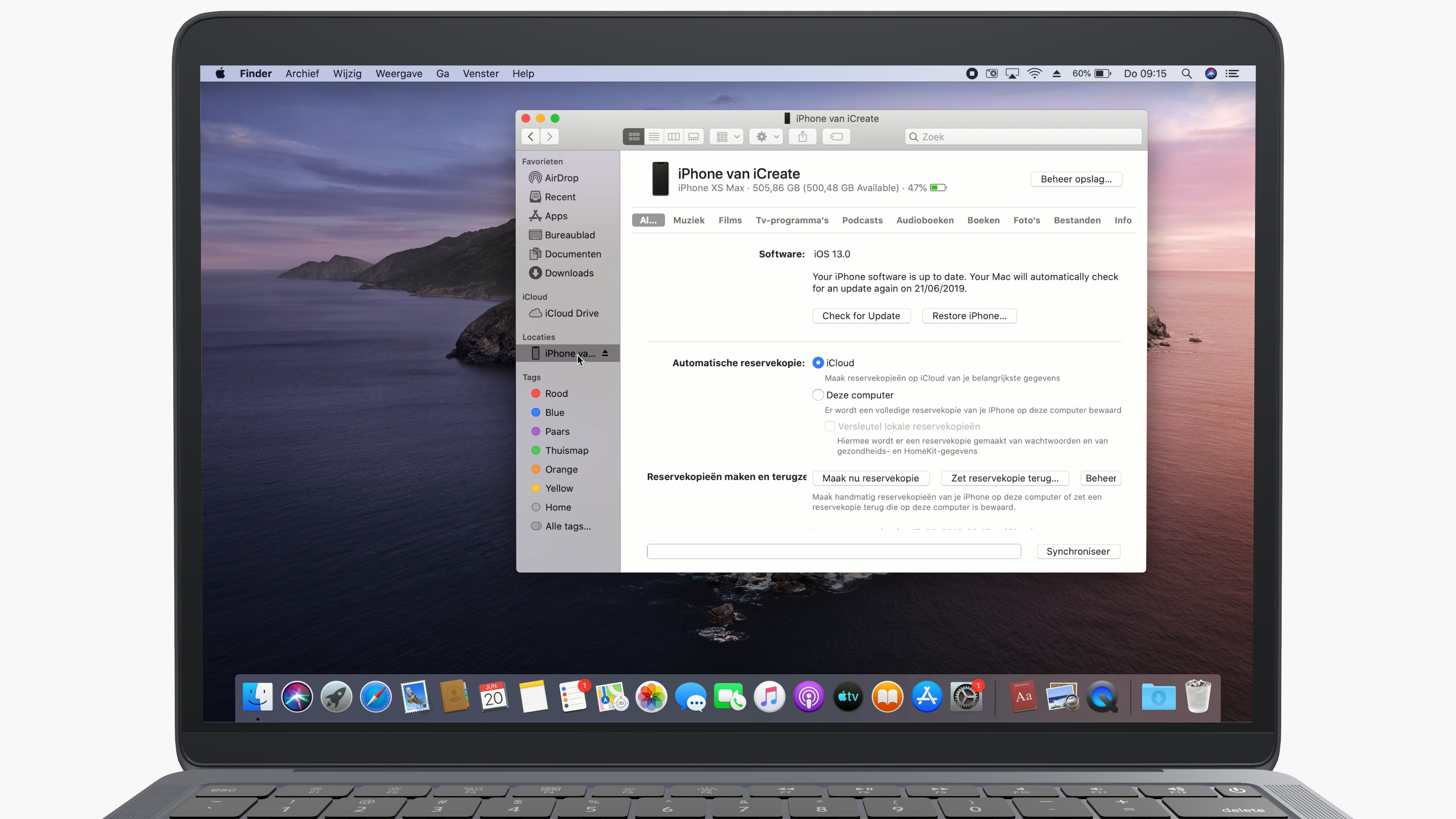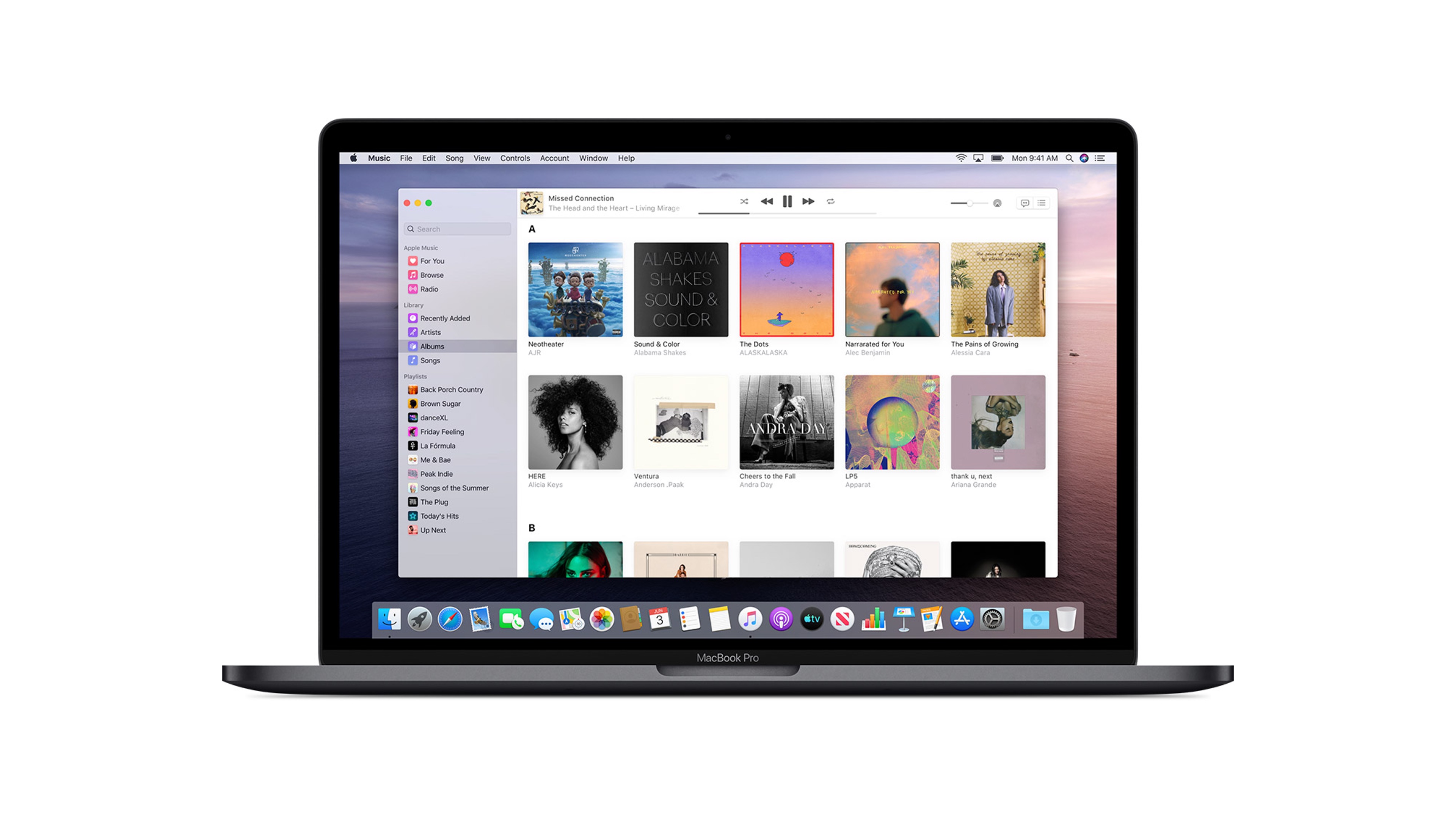Catalina Itunes
If you update your Mac to macOS Catalina or later, you can access your iTunes media library in the Apple Music app, Apple TV app, Apple Books app and Apple Podcasts app. To manually back up, restore or sync your iPhone, iPad or iPod touch, use Find. Download macOS Catalina for an all‑new entertainment experience. Your music, shows, movies, podcasts, and audiobooks will transfer automatically to the Apple Music, Apple TV, Apple Podcasts, and Apple Books apps where you’ll still have access to your favorite iTunes features, including purchases, rentals, and imports. With the upcoming version of MacOS, called Catalina, iTunes will be replaced with three separate apps for music, podcasts and shows or movies. While Apple has been trying to push users toward its.
On your Mac
If you update your Mac to macOS Catalina or later, you can access your iTunes media library in the Apple Music app, Apple TV app, Apple Books app and Apple Podcasts app. To manually back up, restore or sync your iPhone, iPad or iPod touch, use Finder.
Catalina Itunes Store
If you can’t update to the latest version of macOS
You can update to the latest version of iTunes (up to iTunes 12.8).
- Open the App Store on your Mac.
- Click Updates at the top of the App Store window.
- If any iTunes updates are available, click Install.
On your PC

If you don't have iTunes installed on your computer, download iTunes from the Microsoft Store (Windows 10). You can also download the latest version of iTunes from Apple's website.

Depending on the version of iTunes that you have, here are a few ways to update.
If you downloaded iTunes from the Microsoft Store
Versions of iTunes from the Microsoft Store update automatically when new versions are released.
You can also check for updates through the Microsoft Store.
If you downloaded iTunes from Apple's website

- Open iTunes.
- From the menu bar at the top of the iTunes window, choose Help > Check for Updates.
- Follow the prompts to install the latest version.
If Check for Updates isn't an option in the Help menu, then you downloaded iTunes from the Microsoft Store.
Learn more
- Learn how to update your iPhone or iPod touch to the latest version of iOS, and iPad to the latest version of iPadOS.
- Learn how to update your Mac.
iTunes features might vary by country or region.
Catalina Itunes Link
iTunes? More like ByeTunes.
Apple is retiring the Mac version of its nearly 20-year-old music listening and library app, the company announced Monday at WWDC, its annual conference for software developers.
With the upcoming version of MacOS, called Catalina, iTunes will be replaced with three separate apps for music, podcasts and shows or movies. While Apple has been trying to push users toward its subscription-based Apple Music streaming service, the company’s iTunes Music Store — where songs can be individually purchased for download — will live on. (iTunes itself will also live on for Windows users, Ars Technica reports.)
While iTunes (and especially the iTunes Music Store) helped change the way we enjoy our favorite music, there will be few tearjerking obituaries for the software. Apple asked too much of iTunes over the years, turning it from a lean-yet-powerful music cataloging app into a slow-loading behemoth tasked with managing your iPod and iPhone, podcasts, ebooks and more. To his credit, Apple software boss Craig Federighi poked fun at all this bloat on stage, joking that iTunes should have a calendar and email, too.
Read more: The 6 coolest new iPhone features Apple just announced
It’s really a blessing that Apple is trifurcating iTunes. But what’s going to happen to all that music you’ve collected over the years? Worry not, Apple says in a press release announcing macOS Catalina: “Users will have access to their entire music library, whether they downloaded the songs, purchased them or ripped them from a CD.” You’ll just have to use that new Music app instead of iTunes.
iPhone management, meanwhile, is finally moving to where it’s really belonged since day one: The macOS Finder. Just plug in your device, and you’ll be able to take care of business directly from your desktop — no iTunes required.
So long, iTunes. And thanks for all the hits.
.png)
The Leadership Brief. Conversations with the most influential leaders in business and tech.
Thank you!
Catalina Itunes Apps
For your security, we've sent a confirmation email to the address you entered. Click the link to confirm your subscription and begin receiving our newsletters. If you don't get the confirmation within 10 minutes, please check your spam folder.Catalina Itunes Internet Radio
Catalina Itunes Store
Catalina Itunes Problems
EDIT POST